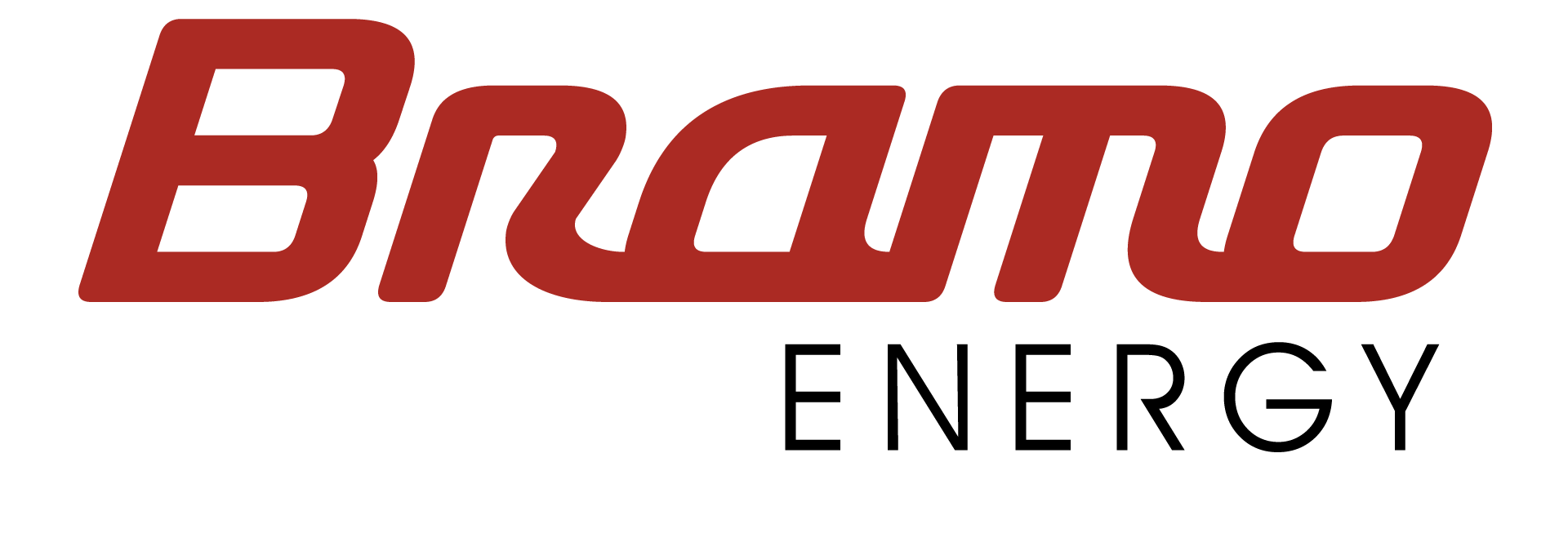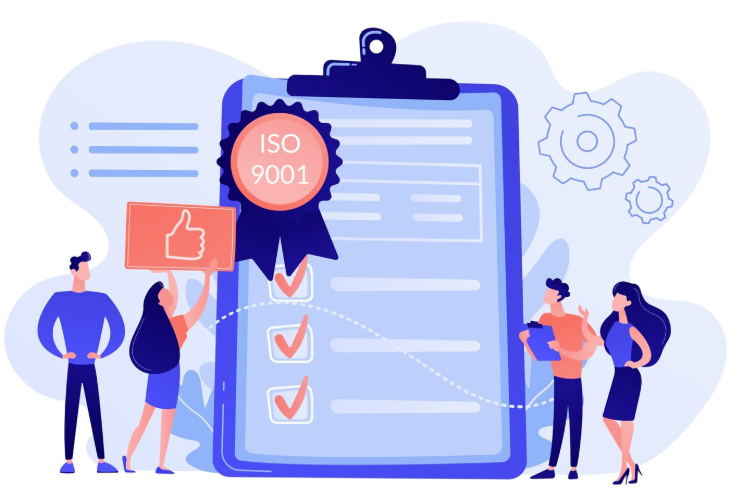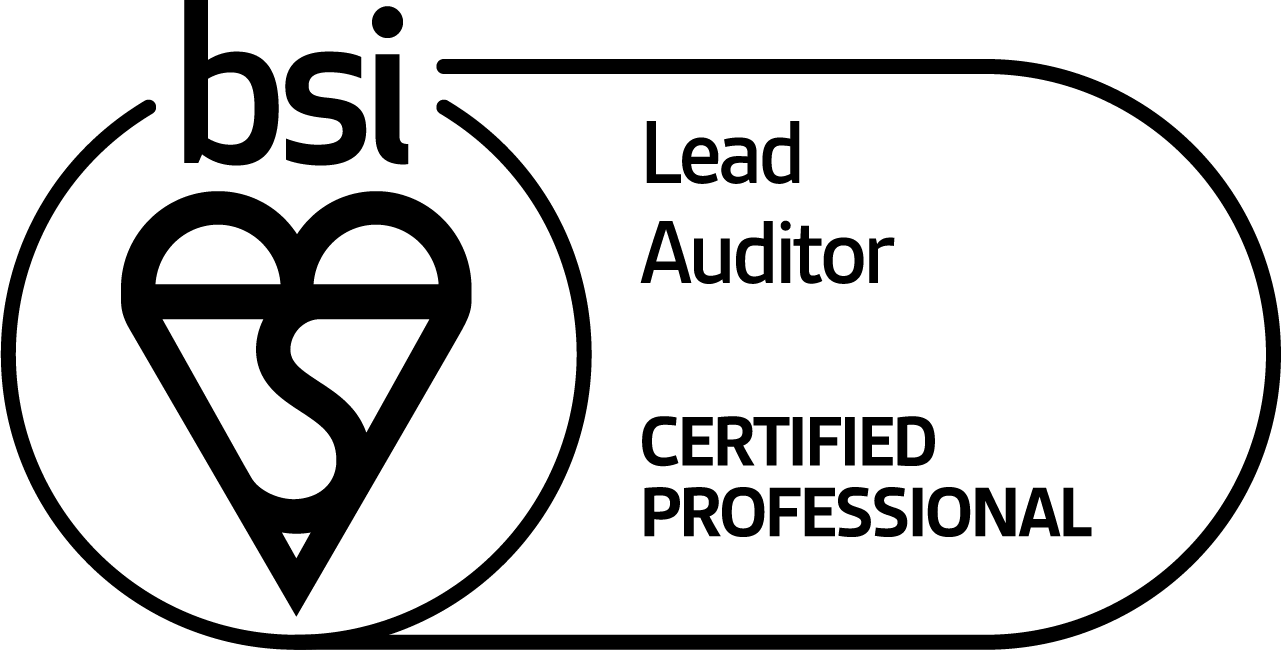
Streamlining Utility Management for Sustainable Growth.
In the dynamic landscape of international business, achieving sustainability goals while optimizing operational efficiency is paramount. For middle and large-scale companies, effective utility management emerges as a pivotal strategy not only to reduce costs but also to support environmental initiatives and ensure seamless operations.
Why Utility Management Matters.
Utility management encompasses a spectrum of essential tasks that directly impact a company's bottom line and environmental footprint. From overseeing utility contracts to coordinating power upgrades and managing supply openings and closures, these operations are critical for:
- Cost Control: Efficient management of utilities helps in minimizing operational expenses, allowing resources to be redirected towards core business objectives.
- Sustainability Goals: By optimizing energy usage and ensuring compliance with environmental regulations, companies can significantly reduce their carbon footprint and contribute positively to sustainability targets.
- Operational Efficiency: Coordinating utility operations ensures
uninterrupted service and minimizes downtime, thereby enhancing overall operational efficiency and customer satisfaction.
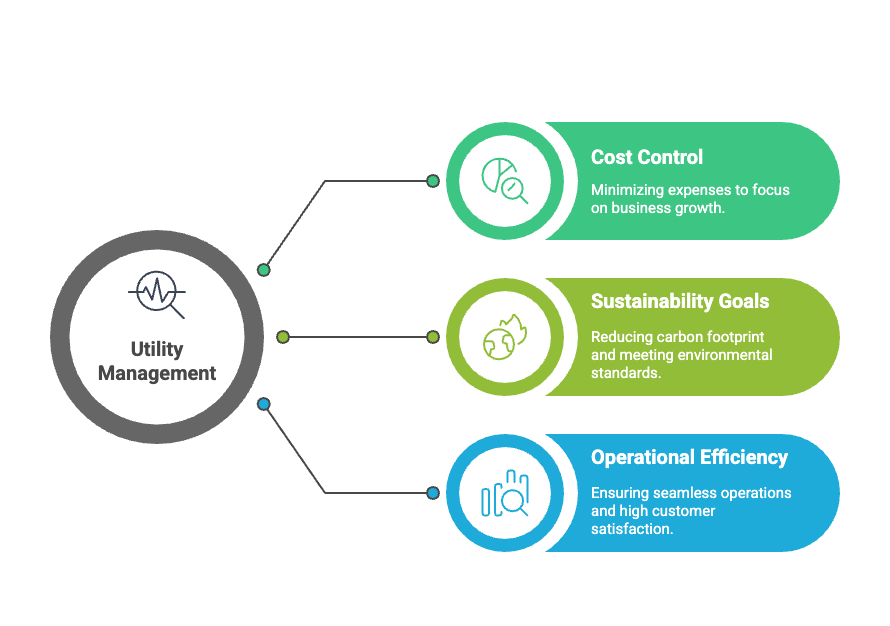
Key Insights for Facilities and Energy Managers.
- Contract Management: Regular review and renegotiation of utility contracts can lead to substantial cost savings. Leveraging long-term agreements or exploring renewable energy options can further support sustainability objectives.
- Proactive Monitoring: Implementing robust monitoring systems allows for real-time data analysis, enabling quick identification of inefficiencies or anomalies that require immediate attention.
- Strategic Planning: Integrating utility management into strategic planning ensures alignment with
corporate sustainability goals. This involves forecasting future energy needs, evaluating potential upgrades, and leveraging technological advancements for greater efficiency.
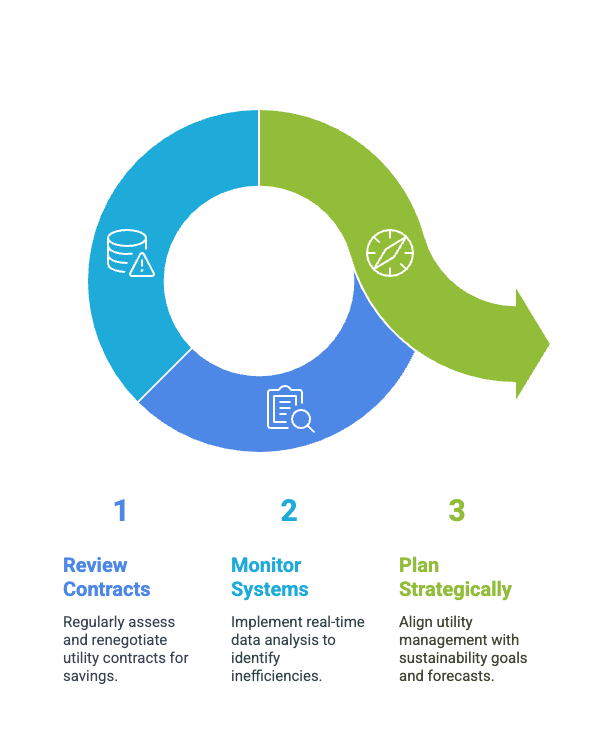
Practical Considerations for Operational Managers.
- Coordination of Works: Timely coordination of utility works such as maintenance, upgrades, or installations minimizes disruptions to daily operations.
- Compliance and Regulations: Staying abreast of local and international regulations ensures adherence and avoids potential penalties or operational setbacks.
- Emergency Response: Having contingency plans in place for unforeseen utility disruptions
mitigates risks
and ensures business continuity.
Conclusions.
In conclusion, effective utility management is not merely about cost control but also about driving sustainable growth and operational resilience.
By prioritizing proactive strategies, middle and large international companies can achieve significant savings, reduce environmental impact, and enhance overall operational efficiency.
Embracing modern technologies and strategic partnerships further amplifies these benefits, positioning companies as leaders in both sustainability and profitability.
Take Action Today.
Let's embark on a journey towards a greener, more efficient future together.
Contact us today to schedule a consultation and discover how we can help you achieve your energy and sustainability goals.
Would you like to know more?
Do you have any questions about one or more of these topics?
Feel free to contact us at hello@bramoenergy.com.

